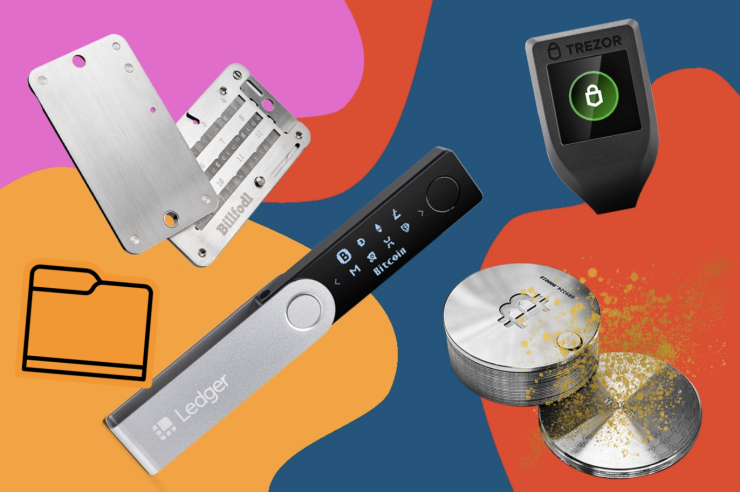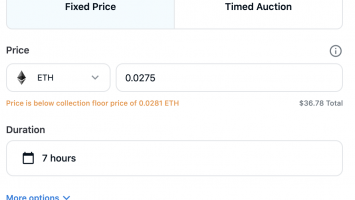In the rapidly evolving world of cryptocurrency, safeguarding your investments has never been more crucial. As digital currencies become increasingly popular, so do the threats posed by hackers and scammers. Whether you’re a seasoned investor or just starting, understanding how to protect your assets is essential. This article provides a comprehensive guide to help you safeguard your cryptocurrency investments and mitigate potential risks.
Understanding Cryptocurrency Risks
Cryptocurrencies offer significant investment opportunities but come with their own set of risks. These risks include hacking, phishing, fraud, and technical glitches. Each year, millions of dollars worth of digital assets are lost due to these security breaches. Knowing these risks allows you to take proactive steps to safeguard your cryptocurrency investments and avoid falling victim to common threats.
Best Practices for Safeguarding Your Investments
Use Strong Passwords and Two-Factor Authentication (2FA)
- Strong Passwords: Utilize complex passwords that mix letters, numbers, and symbols. Avoid using easily guessable information like birthdays or common words. Strong passwords are your first line of defense against unauthorized access.
- Two-Factor Authentication (2FA): Activate 2FA on your cryptocurrency accounts to add an additional security layer. This method requires not only a password but also a second form of identification, such as a code sent to your mobile device.
Keep Your Software Up to Date
- Regular Updates: Ensure that your wallet software and any other related applications are regularly updated. Updates often include patches that fix security vulnerabilities and enhance the software’s ability to safeguard your cryptocurrency investments.
- Security Patches: Applying updates as soon as they become available ensures that you are protected against known threats and security issues.
Use Reputable Wallets
- Trusted Providers: Choose wallets from reputable and well-known providers. Investigate their security features, user reviews, and any past security incidents to make an informed decision.
- Security Features: Look for wallets that offer strong security features, such as encryption and backup options. These features are crucial for protecting your cryptocurrency investments from unauthorized access and loss.
Cold Storage vs. Hot Storage
- Cold Storage: Store the bulk of your digital assets in cold storage (offline) to protect them from online threats. Cold storage is less susceptible to hacking and cyber attacks.
- Hot Wallets: Use hot wallets (online) only for the amounts you need for trading or transactions. While convenient, hot wallets are more vulnerable to cyber threats and should be used with caution.
Be Wary of Phishing Attacks
- Suspicious Emails: Be vigilant about emails and messages that request personal information or login credentials. Phishing attacks often use deceptive emails and websites to trick you into revealing sensitive data.
- Website Verification: Always verify the authenticity of websites before entering personal information. Check for secure connections (https) and ensure that the URL matches the official site.
Advanced Security Measures
Hardware Wallets
- Enhanced Security: Consider using hardware wallets like Ledger or Trezor. These devices store your private keys offline, making them less vulnerable to online attacks. Hardware wallets provide an additional layer of security to safeguard your cryptocurrency investments.
- Device Safety: Purchase hardware wallets only from reputable sources to avoid counterfeit products that could compromise your security.
Multi-Signature Wallets
- Additional Approval: Implement multi-signature wallets that require multiple approvals for transactions. This setup adds an extra layer of security by distributing control and reducing the risk of unauthorized access.
- Risk Mitigation: Multi-signature wallets are particularly useful for high-value assets, providing a more secure way to manage and safeguard your cryptocurrency investments.
Regular Security Audits
- Ongoing Reviews: Conduct regular audits of your security practices to identify and address vulnerabilities. Regular reviews help ensure that your security measures are current and effective.
- Vulnerability Assessment: Perform periodic assessments to detect potential weaknesses and implement corrective actions promptly to maintain the security of your investments.
Educate Yourself Continuously
The cryptocurrency landscape is constantly changing, with new threats and security practices emerging regularly. Stay updated by following trusted crypto news sources, participating in forums, and engaging with reputable communities. Continuous education is vital to effectively safeguarding your cryptocurrency investments and staying ahead of potential risks.
Conclusion:- Safeguard Your Cryptocurrency Investments
Safeguarding your cryptocurrency investments is an ongoing process that demands vigilance and proactive measures. By implementing the best practices and advanced strategies outlined in this guide, you can significantly reduce the risk of losing your digital assets. Stay informed, adopt robust security measures, and ensure your investments are well protected against potential threats.





Comments (No)